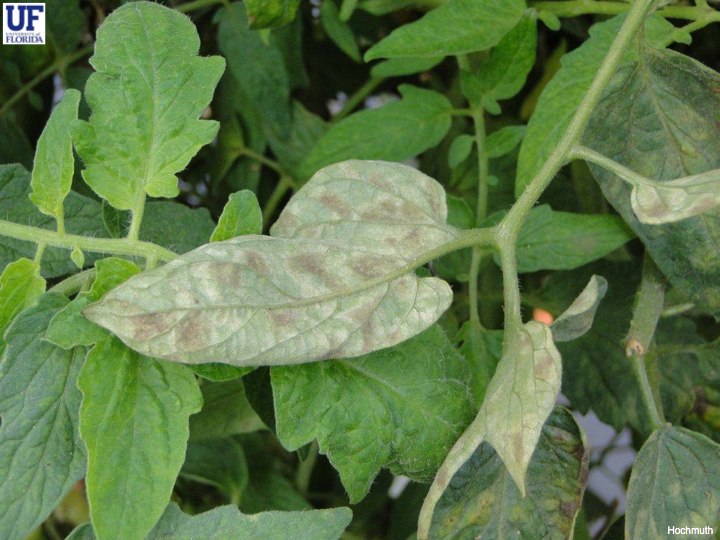
by Blake Thaxton | Apr 8, 2016
High tunnels have gained popularity in Florida over the past 10 years. The USDA, Natural Resources Conservation Service EQIP program and others like it have increased high tunnel acreage in Florida from none being reported in 2001, to 186 acres in 2013 according to a...
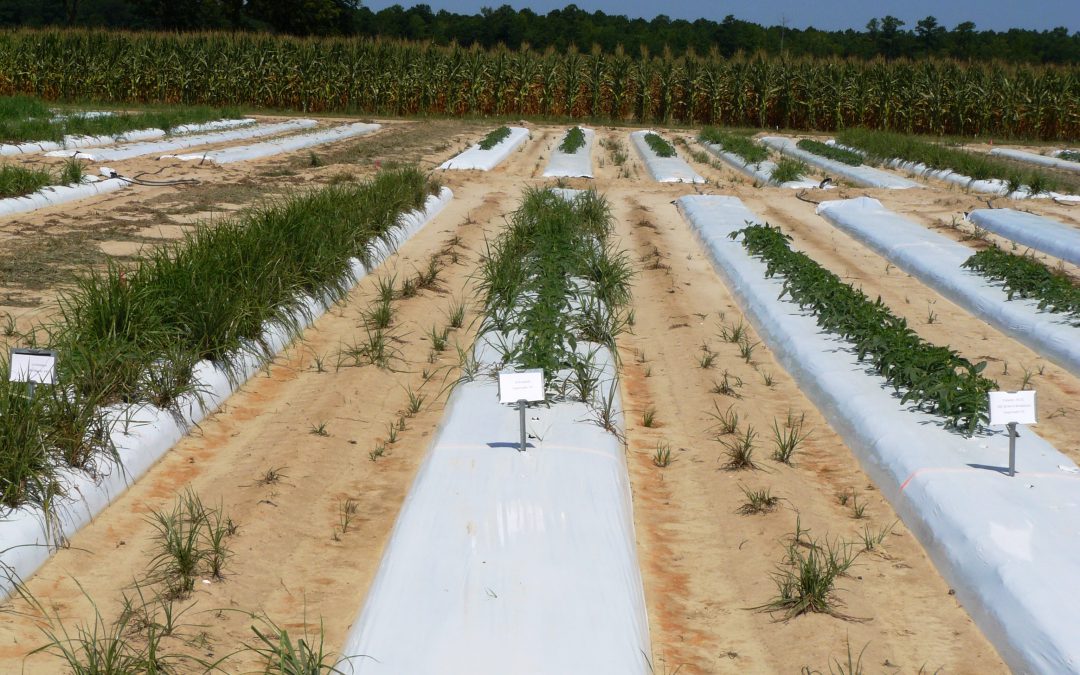
by Josh Freeman | Nov 13, 2015
Plastic mulch technology has come a long way in the last 15 years and has made another exponential jump in the last 5 years. Traditionally plastic films used in plasticulture production systems were simple, single layer low density polyethylene films. These are...
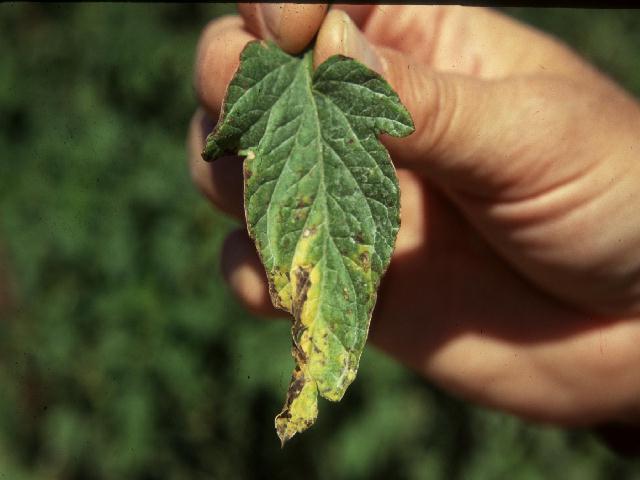
by Matt Lollar | Oct 2, 2015
High temperatures and wet weather produce the perfect conditions for the onset of bacterial spot in tomato fields. The disease is caused by various species of Xanthomonas bacteria. Small spots (1/8 inch) form on leaves, stems, and fruit. The leaf spots are sometimes...
by Mathews Paret | Sep 11, 2015
Sanju Kunwar, Mathews Paret, Jeff Jones, Laura Ritchie, Steve Olson, and Josh Freeman, UF/IFAS NFREC Field tomato production in the southeastern United States is highly affected by bacterial wilt disease caused by Ralstonia solanacearum. In Florida, race 1 (biovar I,...
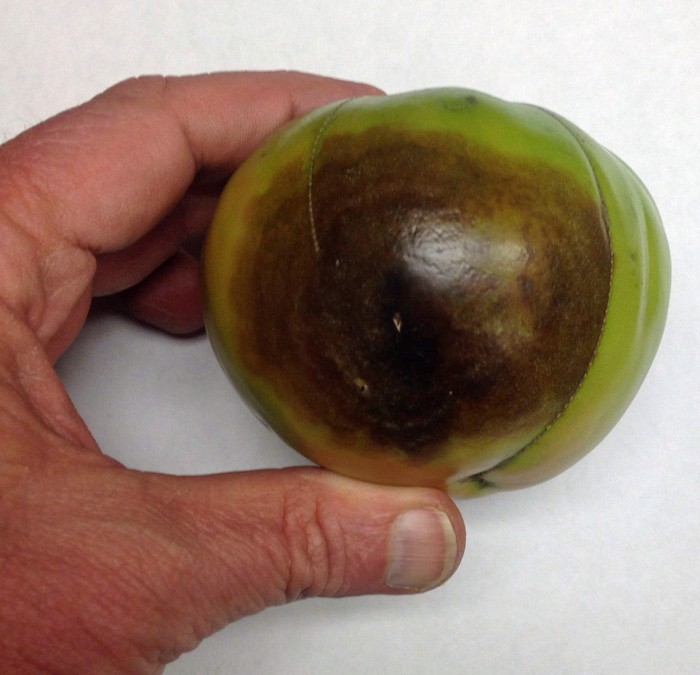
by Shep Eubanks | Jun 5, 2015
With the recent frequent rains and hot temperatures, the incidence of buckeye rot on field tomatoes has increased in Holmes County, especially on tomatoes that were not planted on plastic mulch. This disease in tomatoes is caused by Phytophthora parasitica, and...
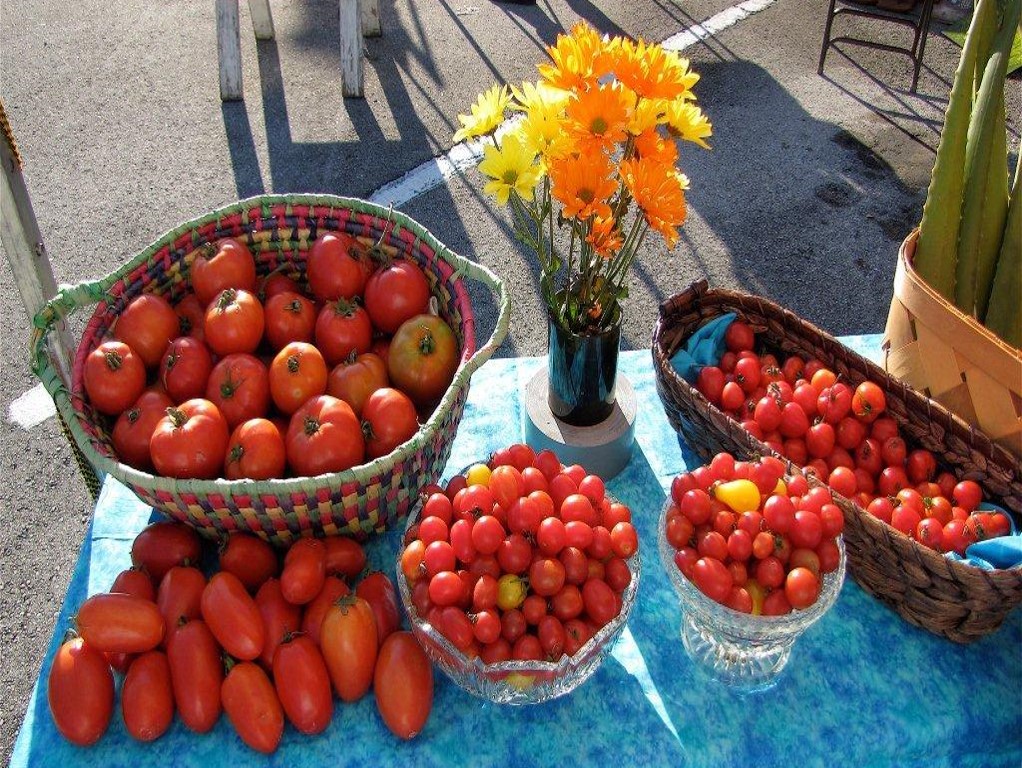
by Blake Thaxton | Feb 6, 2015
It’s time to order seed and get transplants started for a spring tomato crop. Which tomato cultivar should a producer select and what criteria should be used for selection? There are many factors that go into every decision made on a vegetable farm but here are few...






